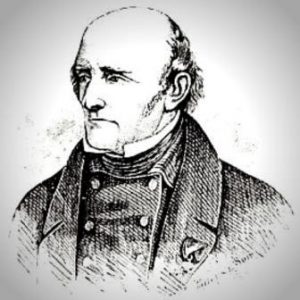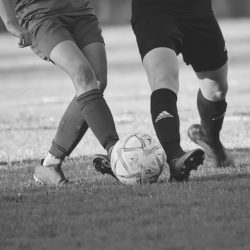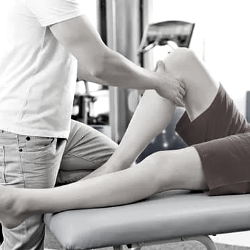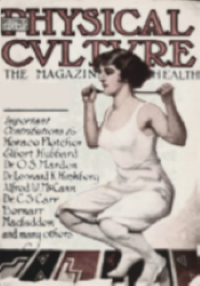Physiologists v Pharmacologists
Posted on August 31, 2018 by Movement Health in Physical Culture

During the late 1800’s and early 1900’s the Swedish Gymnasts full of pride for their system began questioning the prevailing health practises of the time. Thus a rivalry with Physicians practising Pharmacological medicine devloped that was called the, ‘Physiologists v Pharmacologists’.
Students of Swedish Gymnastics (learn more about Swedish Gymnastics here) at the Royal Central Institute of Gymnastics (RCIG) were taught Pehr Henrik Ling’s four strains of Gymnastics (Pedagogical, Military, Medical, Aesthetic) giving them the skills to work with a range of populations. Students were also taught the medical science subjects Human Anatomy, Physiology and Pathophysiology, thus giving the Swedish system a perception of greater scientific and theoretical legitimacy. The belief that the Swedish system was more scientific and therefore superior to other systems was prevalent among Ling and the RCIG graduates. It was also Ling’s belief that orthodox medicine was far to occupied with Pharmacological cures and would benefit from his techniques which he felt were a treatment option equal to or better than the ingestion of drugs or surgery (Ottosson & Hansson, 2015).
The legitimacy of Ling’s system was further endorsed by the Swedish government who registered RCIG graduates with the title, ‘Director of Gymnastics’. The government also endorsed a second title, ‘Doctor of Gymnastics’, this title was reserved for medically trained Pharmacological Physicians who had also undertaken complementary study at the RCIG (Ottosson & Hansson, 2015).
Whilst the study of Anatomy, Physiology and Pathophysiology brought some scientific legitimacy to the Swedish system, Ling also regularly referenced Romantic philosopher Schellings work titled ‘Naturphilosophie’. Schellings work was considered to be speculative and subsequently its use brought the Swedish system in to conflict with practitioners of rational, science-oriented medicine (Pfister, 2003).
With the Swedish Gymnasts determined to upset the medical status quo a divide occurred, some Pharmacological Physicians became sceptical of the Gymnasts claims and the Gymnasts became convinced of the superiority of their system, the divide was labelled the, ‘Physiologists v Pharmacologists’ (Ottosson & Hansson, 2015).
The feelings of the Pharmacologists can be summarised in an excerpt from the General Introductory Remarks for a book titled, “Virtue’s household physician: a twentieth century medica, volume one” (Buffin, 1905).
“Physiologists.– Besides these various direct practitioners of medicine, there is the large and intelligent class of physiologists, including the phrenologists, who nearly discard medicine, and, appealing to the laws of life established by the Creator, urge temperance in eating and drinking; exercise in the open air; securing of pure air by ventilating dwellings, schoolhouses, and churches; bathing in cold and warm water; cheerfulness of mind; and the cultivation of Christian virtues, as the only rational modes of securing health and life.
We confess we are inclined to forgive this class their error in banishing medicine, in view of their zeal and success in disseminating hygienic information of the utmost value and importance to mankind. Put man into harmony with nature, and establish over him the empire of reason, and their theory would be excellent; but as things are, medicines are “necessary evils”.”
My feeling is things haven’t changed much today, such a divide still exists within modern health philosophy. I would suggest the truth can be found somewhere on a spectrum between the two.
Thanks for reading, Warwick..
Buffin, H.E. (1905). Virtues Household Physician. A Twentieth Century Medica. A Practical Description in Plain Language of All the Diseases of Men, Women, and Children … By a Corps of Eminent Specialists, Practicing Physicians and Surgeons. London, UK: Virtue & Company.
Ottosson, A. & Hansson, N. (2015). Nobel Prize for Physical Therapy? Rise, Fall, and Revival of Medico-Mechanical Institutes. Physical Therapy 95(8), 1184-1194.
Pfister, G. (2003). Cultural Confrontations, German Turnen, Swedish Gymnastics and English Sport- European Diversity in Physical Activities from a Historical Perspective. Culture, Sport, Society 6(1), 61-91.





